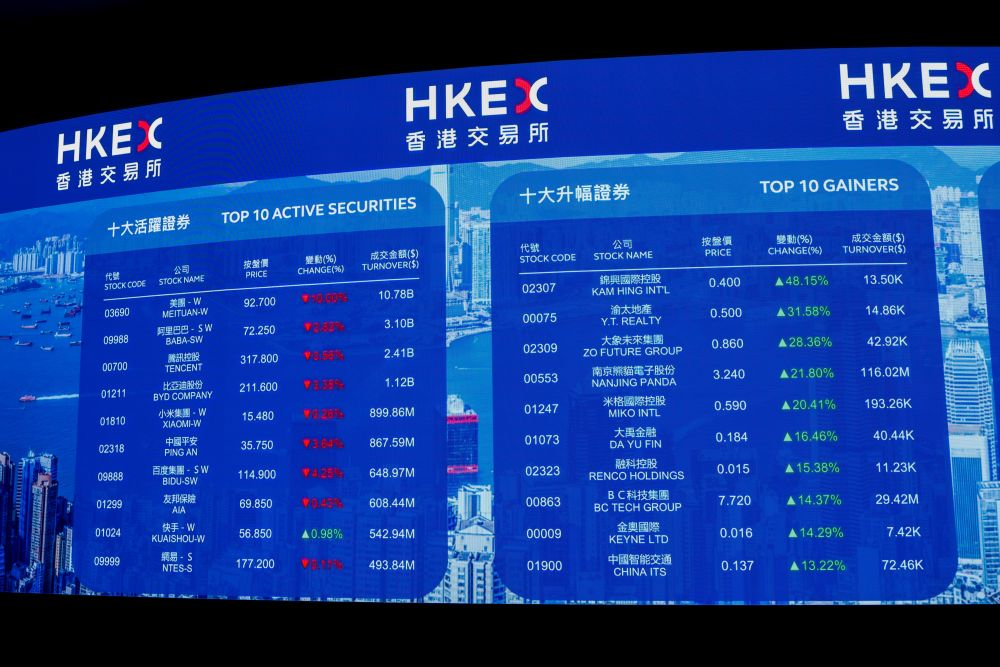
So UniCredit chief Jean-Pierre Mustier was squeezed out because he opposed a forced merger with dud lender Banca Monte dei Paschi di Siena (BMPS) and the board didn’t like his three-year plan. Politics, as ever in an already highly politicized situation, forced his hand.
It’s a bit of an unfortunate end for one of the most effective bank chiefs in Europe. Let’s not forget that UniCredit was itself a dud when Mustier took the helm five years ago. Perhaps more to the point, he turned down the opportunity to become HSBC’s CEO because he said he wanted to finish the job at UniCredit. They say it’s all about timing …
The BMPS situation does appear to be moving towards some sort of end game, with UniCredit playing a lead role (although not at this point a slam dunk). Management had been moving down the list of requirements to offload 8.1 billion euros of bad loans to AMCO, the government’s bad bank. But then what?
The government is hell-bent on forcing BMPS into a merger as the bank looks unlikely to be able to stand on its own two feet as an independent. To make any deal palatable, any acquirer will require a raft of waivers and immunities as well as a cash infusion to make it capital neutral. And the clock is ticking: the Italian government is under orders from the European Commission to sell its stake in 2021.
Talking of banks working through rehab programmes, we recently got the expected confirmation that the European Central Bank (ECB) had rejected Greece’s Piraeus Bank’s 165-million-euro coupon payment on the 2.04-billion-euro contingent convertible. This triggered equity conversion, pushing up the Greek government’s stake (through its bad bank the Hellenic Financial Stability Fund) from 26% to 61.34%. The HFSF says it intends to lower its stake to a non-blocking minority in the coming year depending on market conditions.
In the coming year, Piraeus Bank says it wants to add around a billion euros of new capital. Not having to pay the CoCo (contingent convertible) coupon is a big help in this regard. The bank reckons that extra billion will facilitate de-recognition of an additional five billion euros of non-performing exposures. That’s on top of the two disposals worth seven billion euros it plans to close by Q1 2021 (Projects Phoenix and Vega).
The health of banks in Europe has once again become a huge talking point and a potential cause for concern in some quarters – once loan and mortgage moratoriums come to an end and government support schemes expire.
Analysts are quick to point out that European banks as a whole had robust solvency metrics coming into the pandemic and continue to look solid from a prudential standpoint. But they have three fundamental problems: their costs are too high, they don’t make much money, and the sector in many countries is over-supplied. As a temporary fourth, banks can’t pay dividends either, which is a real turn-off for investors.
Many of Europe’s biggest banks continue to trade in the stock market at huge discounts to book value, which speaks to how little faith equity investors have in the narratives the banks are expounding. When BBVA sold its US business to PNC at 1.34 times the unit’s tangible book value the other week, people in Europe positively swooned.
Non-performing loans are expected to rise in Europe in the next couple of years. The ECB worries that rising vulnerabilities in the corporate sector could test the resilience of eurozone banks. That’s a worry the analyst community doesn’t appear to share at this point. But taking fiscal stimulus away too early will set economic recovery back and transform the corporate liquidity challenges seen at the start of the pandemic into solvency issues, the bank noted in its financial stability review. Meanwhile, the sharp rise in sovereign indebtedness to fund massively expensive Covid response raises financial stability concerns for the ECB as the sovereign bank doom loop again raises its head.
If on the plus side, no big bank looks at the risk of getting into trouble, failing a chronic unforeseen event, on the down side, opportunities to ramp up profitability look desperately few and far between, especially with interest rates and bond yield curves set to remain super-low and flat into the medium term and banks tightening loan underwriting standards.
Which is likely to mean banks look set to become safe but risk-averse boring utility plays conducting the business of government as agents of monetary transmission. Hardly a rotation narrative.









